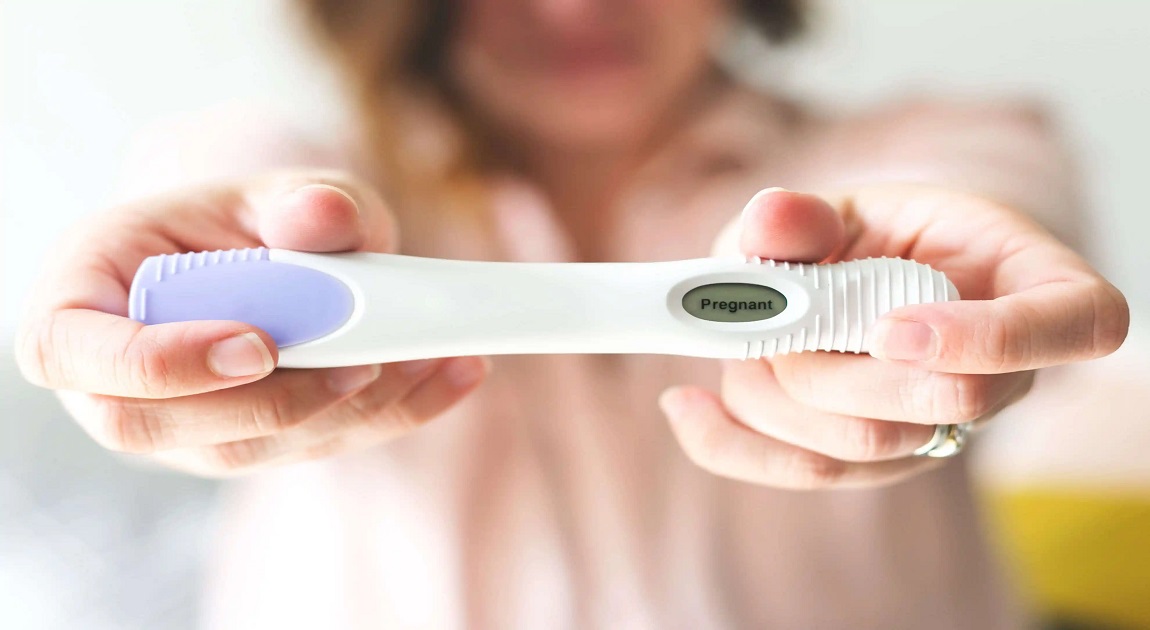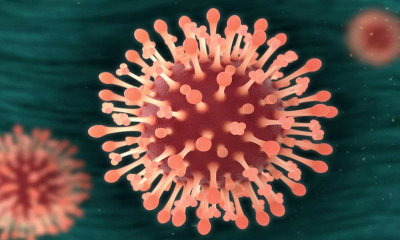Intrauterine insemination (IUI) is emerging as a promising fertility treatment for couples who have struggled to conceive naturally. The procedure involves placing specially prepared sperm directly into a woman’s uterus to improve the chances of fertilisation.
The process begins with a detailed consultation, where medical history and family planning goals are assessed.
Key diagnostic tests are conducted to evaluate fallopian tube patency, uterine cavity health, and semen quality. Based on the findings, ovulation-inducing medications are prescribed, typically starting on the second or third day of the menstrual cycle.
Ovulation is closely monitored through serial ultrasounds, and a hormonal trigger is given to ensure the final maturation and release of the egg. Once the timing is optimal, the IUI procedure is scheduled.
On the day of IUI, the semen sample is collected and processed in a lab to isolate healthy, motile sperm using techniques like diffusion gradient or swim-up. The best sperm are then injected into the uterus using a thin tube inserted through the cervix — a quick and painless procedure that resembles a Pap smear.
Patients can resume daily activities immediately after the procedure. A pregnancy test is conducted two weeks later to determine success. If positive, further guidance is provided to support a healthy pregnancy. If not, couples are encouraged to consider another cycle or explore alternative fertility treatments.
With minimal discomfort and non-invasive steps, IUI offers a hopeful path for couples on their journey to parenthood.
















-20251213120612.webp)


















-20251207131533.jpg)



